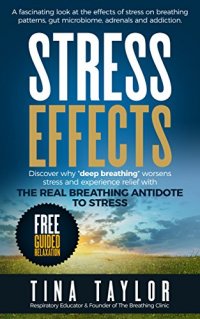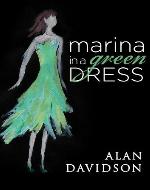Stress Effects is unlike any book on the subject of stress, exploring the link between stress, adrenal fatigue and thyroid hormone imbalance, as well as the link between stress, addiction, the gut microbiome and chronic disease.
Written by a university-qualified Respiratory Educator, Stress Effects presents a detailed perspective on the science of breathing and the effects of stress on the respiratory system and breathing patterns, explaining how stress can lead to hyperventilation, thoracic-dominant breathing, rapid breathing and mouth breathing.
These breathing patterns can be triggered by stress and perpetuated by habit, and can produce a range of disconcerting symptoms associated with:
oAnxiety
oPanic attacks
oDepression
oAllergies
oAirway hyper-responsiveness
oAsthma
oChronic obstructive pulmonary disease
oChronic bronchitis
oEmphysema
oHypertension
oChronic heart failure
oPulmonary hypertension
oVentricular hypertrophy
oCor pulmonale
oGastro-oesophageal reflux disease
oFailed lower back surgery
oConstipation
oSeizures
oThrombosis
oPulmonary embolism
oStroke
oHeart attack
oSnoring
oSleep apnoea
oIrritable bowel syndrome
oExercise-induced breathing difficulty, premature fatigue and injury
oCompromised sports performance.
Stress Effects explains why “deep breathing” can worsen stress (rather than alleviate stress) and details the 4 key elements of the real breathing antidote to stress to help restore balance to breathing patterns and blood gases to attenuate the stress response and calm and soothe the nervous system as part of the body’s relaxation response.
As an extension of the breathing antidote to stress, the author provides recommendations to minimise breathing-related symptoms associated with speaking, sports and exercise performance, and sleeping.
This book not only delivers the breathing antidote to stress but also provides readers with a healthy breathing foundation for life!
This is a book that belongs in every home because the quality of your breathing matters more than you may realise!





